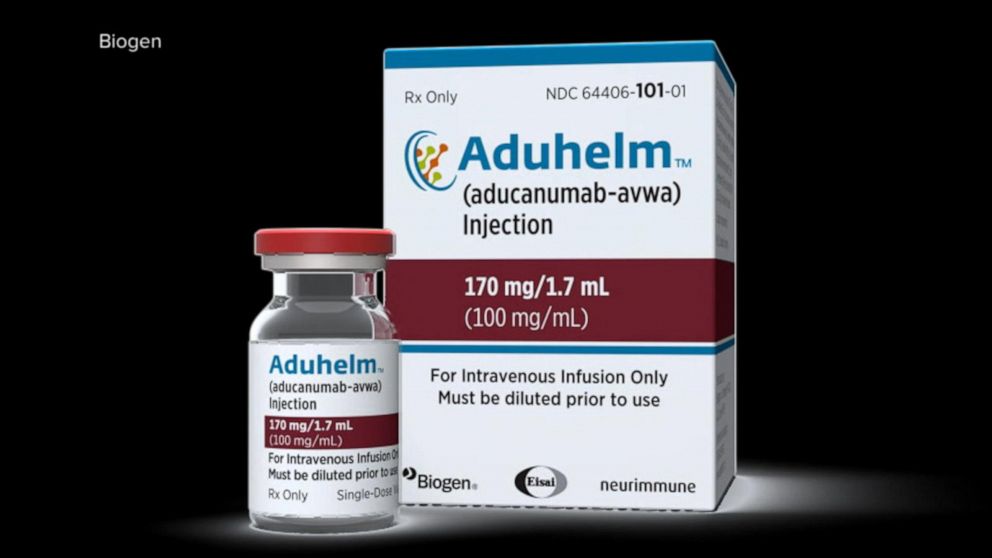
On behalf of those impacted by Alzheimer’s disease, the Alzheimer’s Association enthusiastically welcomes the recent historic FDA approval of aducanumab (Biogen/Eisai) for treatment of Alzheimer’s disease.
“We are excited about the potential for this new drug to slow the progression of Alzheimer’s for countless people in the Hudson Valley and beyond,” said David Sobel, Executive Director of Alzheimer’s Association Hudson Valley Chapter.
“This approval is a victory for people living with Alzheimer’s and their families,” said Harry Johns, Alzheimer’s Association president and chief executive officer. “This is the first FDA-approved drug that delays decline due to Alzheimer’s disease. This means individuals may have more time to actively participate in daily life, have sustained independence and hold on to memories longer. We can experience longer — the relationships we hold most dear — our families and friends.”
Aducanumab addresses Alzheimer’s in a new way compared to previously approved drugs. This therapy slows progression of the disease, rather than only addressing symptoms. It is the first approved therapy of this type; it demonstrates that removing amyloid from the brain may delay clinical decline in people living with Alzheimer’s. Amyloid is the protein that clumps into sticky brain plaques that are a hallmark of Alzheimer’s disease.
“This FDA drug approval ushers in a new era in Alzheimer’s treatment and research,” said Maria C. Carrillo, Ph.D., Alzheimer’s Association chief science officer. “History has shown us that approvals of the first drug in a new category invigorates the field, increases investments in new treatments and encourages greater innovation. We are hopeful and this is the beginning — both for this drug and for better treatments for Alzheimer’s.”
“Eliminating barriers to access is our highest priority,” said Joanne Pike, Dr.P.H., Alzheimer’s Association chief strategy officer. “The Alzheimer’s Association will do everything in its power to ensure access to the drug for all who will benefit. We know that infusion therapies have been made available under Medicare and insurance for conditions like cancer and multiple sclerosis, so it is reasonable to expect this for aducanumab.”
Early diagnosis has demonstrated better health outcomes for individuals and their caregivers. The approval of this new therapy makes early detection and diagnosis even more critical to ensure individuals receive the most benefit at the earliest point possible.
“This therapy will be of great interest to many, but it is not the only important element of Alzheimer’s treatment and care. The Alzheimer’s Association has made it a priority to partner with health care systems, physicians, and the Center for Medicare and Medicaid Services to ensure early and accurate diagnosis, and access to treatment, care management and care planning,” said Pike.
If you or a loved one is experiencing memory changes, the Alzheimer’s Association strongly encourages speaking with a health care provider for a thorough evaluation, diagnosis and to discuss treatment options. For more information on diagnosis or to find a local health care provider, visit the Alzheimer’s Association at alz.org, or the Helpline 24/7 at 800.272.3900.
“We are proud of what the Alzheimer’s Association has done to accelerate the drug development process, so individuals will have access to more effective treatments faster,” Carrillo said. “This new drug approval, and sustained progress in the research field, is due to years of investment, unrelenting dedication, and our vision of a world without Alzheimer’s and all other dementia.”
Driven by Alzheimer’s Association advocacy, federal investment in Alzheimer’s and dementia research funding is $3.1 billion annually. The federal commitment, combined with unprecedented philanthropic support, provides the foundation for an optimistic view of the future — which is needed, because there is much work to be done.
The Alzheimer’s Association is leading the fight against dementia. Alzheimer’s Association actions established foundations that have accelerated the drug development process and made advancements like this possible, including:
- The Alzheimer’s Association provided the initial seed money for the development of amyloid PET scans that made this clinical trial possible.
- The Alzheimer’s Association leads the IDEAS and New IDEAS studies to demonstrate the value of amyloid PET imaging for improving diagnosis and disease management.
About the Hudson Valley Chapter
The Hudson Valley Chapter serves families living with dementia in seven counties in New York, including Duchess, Orange, Putnam, Rockland, Sullivan, Ulster, and Westchester. To learn more about the programs and services offered locally, visit alz.org/hudsonvalley.
About the Alzheimer’s Association
The Alzheimer’s Association leads the way to end Alzheimer’s and all other dementia — by accelerating global research, driving risk reduction and early detection, and maximizing quality care and support. Our vision is a world without Alzheimer’s and all other dementia. Visit alz.org or call the 24/7 Helpline at 800.272.3900.





